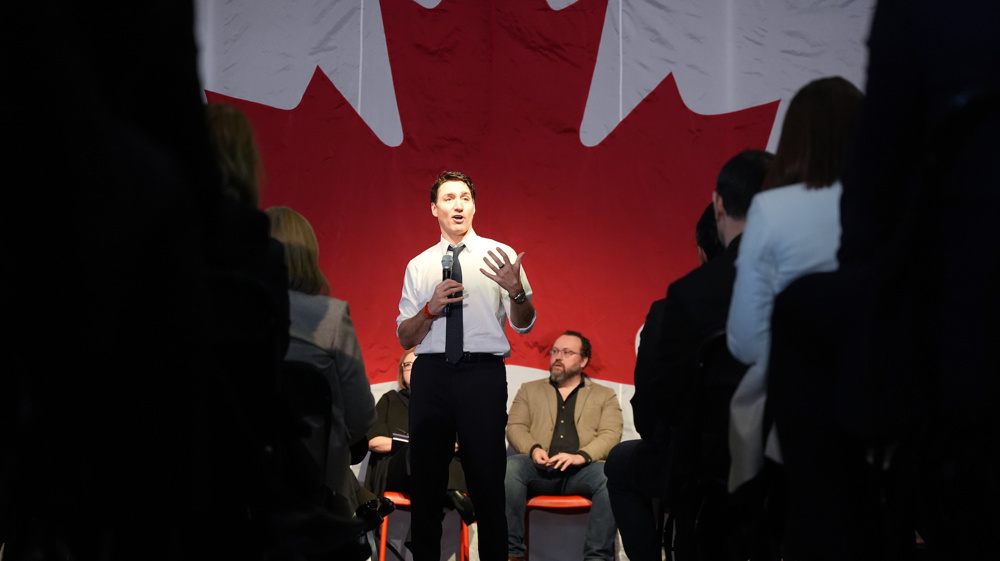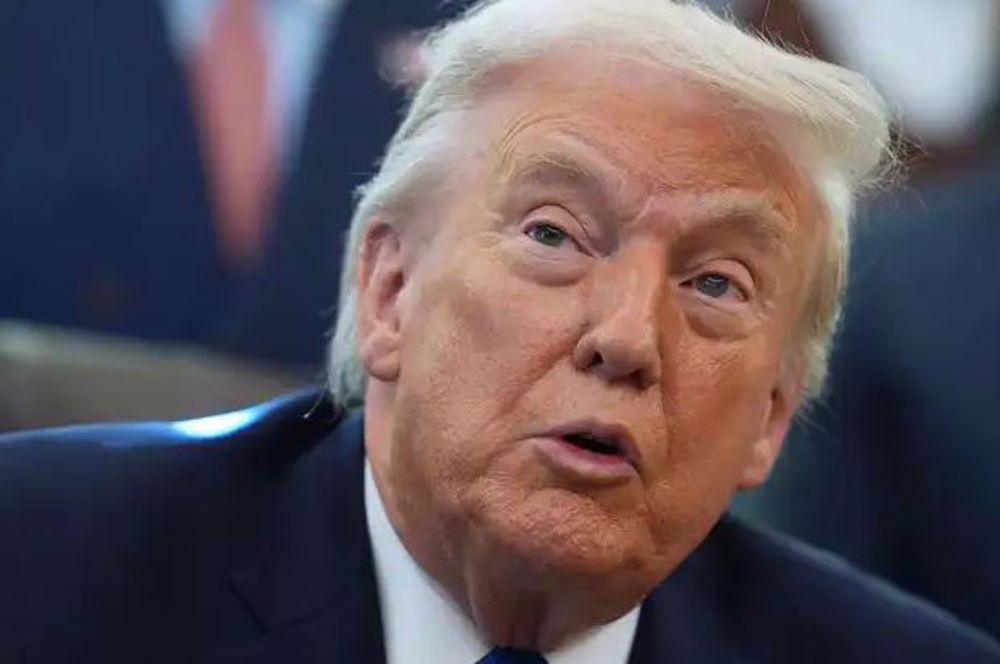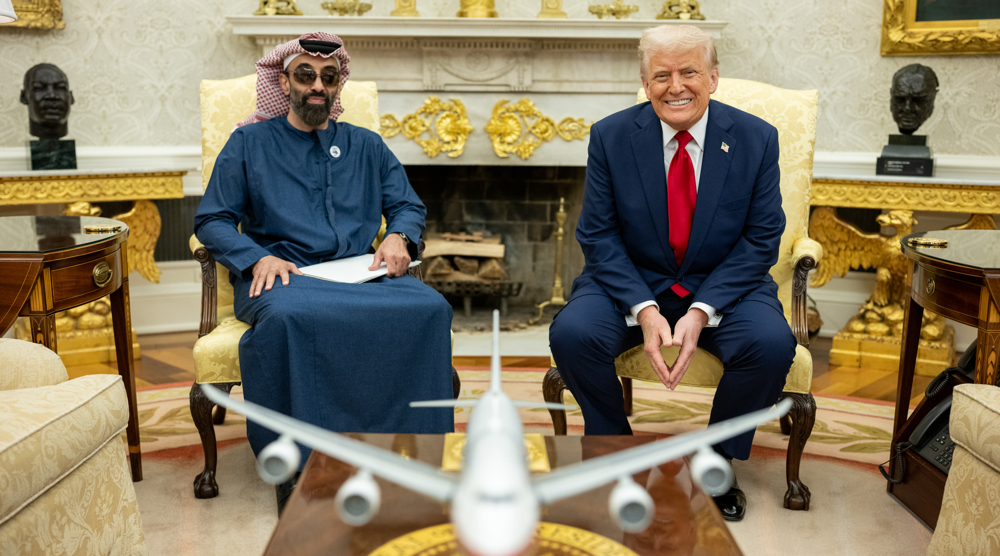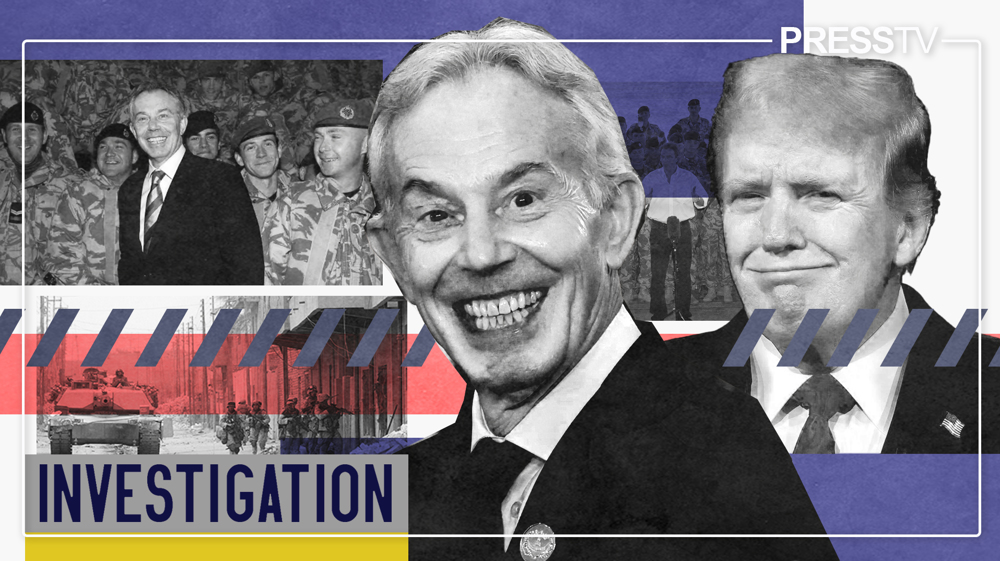Trump is serious about annexation of Canada: PM Trudeau
Outgoing Canadian Prime Minister Justin Trudeau says US President Donald Trump is serious about annexing Canada, warning that the American president’s fixation on absorbing Canada is “a real thing.”
Addressing business and labor leaders at a summit in Toronto on Friday, Trudeau emphasized concerns over Trump’s approach to US-Canada relations, particularly regarding critical minerals.
“They’re very aware of our resources, of what we have, and they very much want to be able to benefit from those,” Trudeau said. “But Mr. Trump appears to believe that one of the easiest ways to do that is by exerting greater control over Canada.”
Trump had previously threatened Canada with a 25% tariff on all exports to the US, with energy exports facing a lower 10% rate. However, he later reached an initial deal with Canada to delay the tariffs, which could have significantly impacted Canada’s economy, instead granting a 30-day period for further negotiations.
Canada possesses abundant reserves of minerals essential to the green energy transition, including lithium, graphite, nickel, copper, and cobalt. The country has sought to position itself as a reliable supplier of these critical resources to its international partners.
Trump’s trade threats have sparked economic concerns in Canada, where approximately three-quarters of exports go to the US. The imposition of high tariffs could negatively impact businesses and lead to significant job losses.
In Quebec, where the provincial sovereigntist movement has recently gained traction, public sentiment toward national unity has shifted. Between December and February, the number of Quebecers who said they were “very proud” or “proud” to be Canadian increased from 45% to 58%, according to an Angus Reid poll.
Before Trump’s inauguration, Trudeau had emphasized Canada’s strong national identity. “One of the ways we define ourselves most easily is, well, we’re not American,” he said.
Trump has previously used trade measures as a negotiating tool with other countries as well. His administration engaged in trade disputes with China, the European Union, and Mexico, often leveraging tariffs as a strategy to push for new concessions.
Palestinian committee seeks global help to protect churches amid settler violence
ICE under fire: How a post-9/11 agency became flashpoint of nationwide protests in US
Iran ready for diplomacy, but not under pressure: Araghchi
VIDEO | Cape Town Ramadan expo builds social cohesion, counters Islamophobia
President Pezeshkian orders resumption of nuclear talks with US: Reports
US war rhetoric against Iran driven more by corporate power than national interest: Activist
Ex-Israeli PM Barak sought Epstein’s help for Trump’s interview with Israeli media
Iran warns any aggression will have grave consequences for entire region










 This makes it easy to access the Press TV website
This makes it easy to access the Press TV website